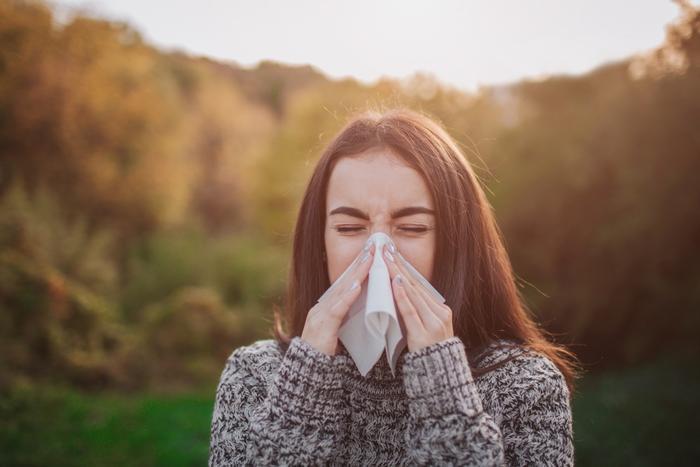But a study suggests that going to bed earlier could reduce the risk of severe symptoms
By Kristen Dalli of ConsumerAffairs
July 6, 2020


According to researchers, the time that a teen goes to bed and wakes up could affect their likelihood of experiencing either allergy or asthma symptoms. The study revealed that these symptoms are more likely to be stronger for teens who like to stay up late into the night than for those who go to bed earlier.
Asthma and allergic diseases are common in children and adolescents across the world and the prevalence is increasing, said researcher Dr. Subhabrata Moitra. We know some of the reasons for this increase, such as exposure to pollution and tobacco smoke, but we still need to find out more. Sleep and the sleep hormone melatonin are known to influence asthma, so we wanted to see if adolescents preference for staying up late or going to bed early could be involved in their asthma risk.
What role does sleep play?
To understand the relationship between sleep and asthma and allergy symptoms, the researchers had over 1,600 kids in their early teens participate in the study. The study was primarily survey-based, with the kids answering questions that assessed their preferred sleeping habits, as well as the severity and frequency of their asthma and allergy symptoms.
The researchers learned that preferred bedtime did play a role in the kids asthma and allergy symptoms. Early sleepers were two times less likely to experience severe allergies and three times less likely to develop asthma.
According to Dr. Moitra, it all boils down to hormones. Staying up later caused melatonin levels to be out of sync, whereas hormone levels were more balanced in those who had earlier bedtimes.
While the researchers cant definitively say that one variable has an effect on the other, their study did reveal a correlation between the two. Though getting teens to stick to a bedtime schedule can be difficult, doing so can be beneficial in terms of their health and well-being.
We need to know more about why asthma and allergies are rising in children and teenagers and, hopefully, find ways to reduce these conditions, said researcher Thierry Troosters. This is the first study to examine the possible role of different sleep preferences in teenagers risk of asthma and allergies, and it opens up an interesting new line of research. We already know that sleeping well is important for physical and mental health, so we should continue to encourage teenagers to get a good nights sleep.
Open Original






